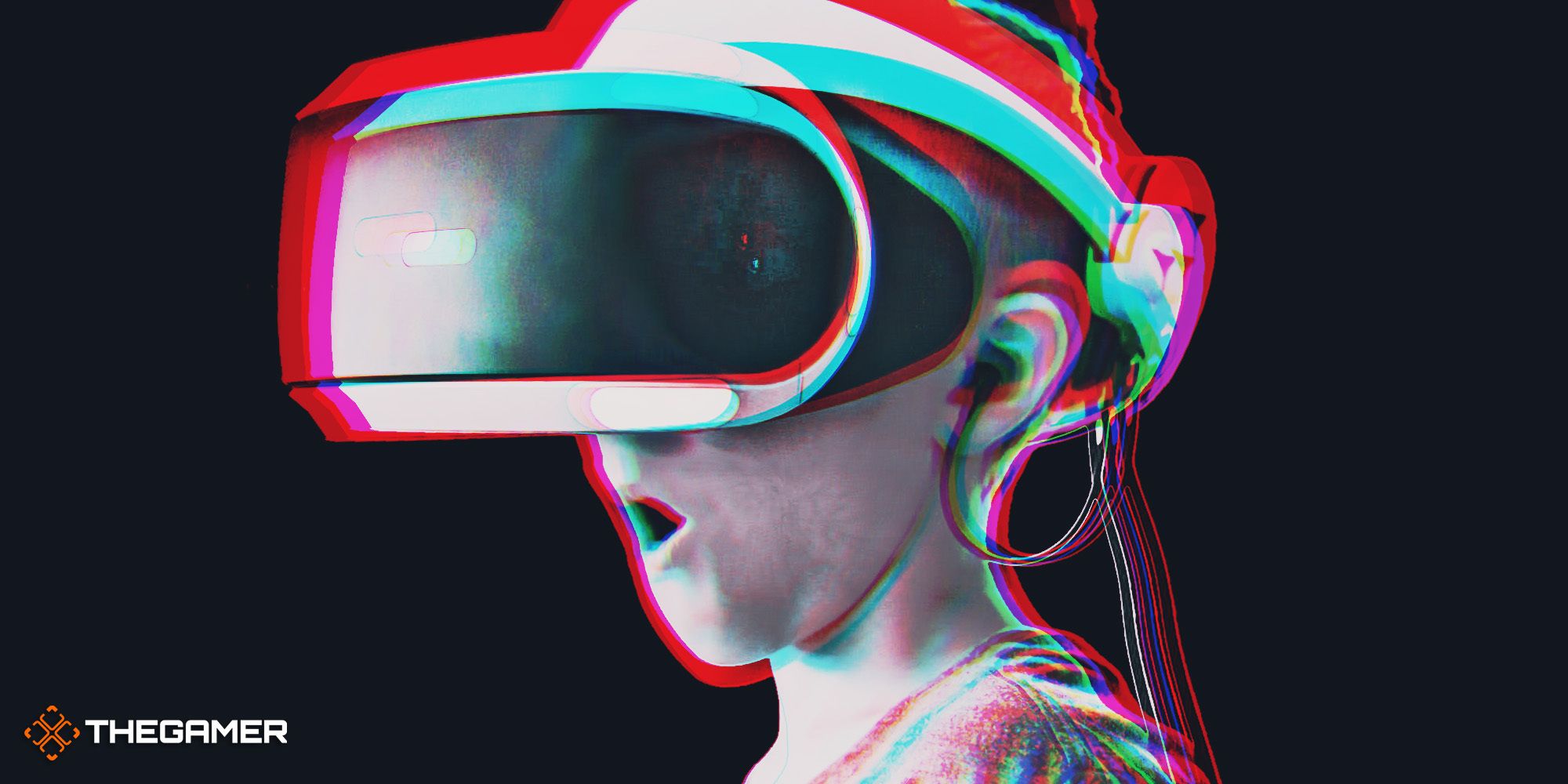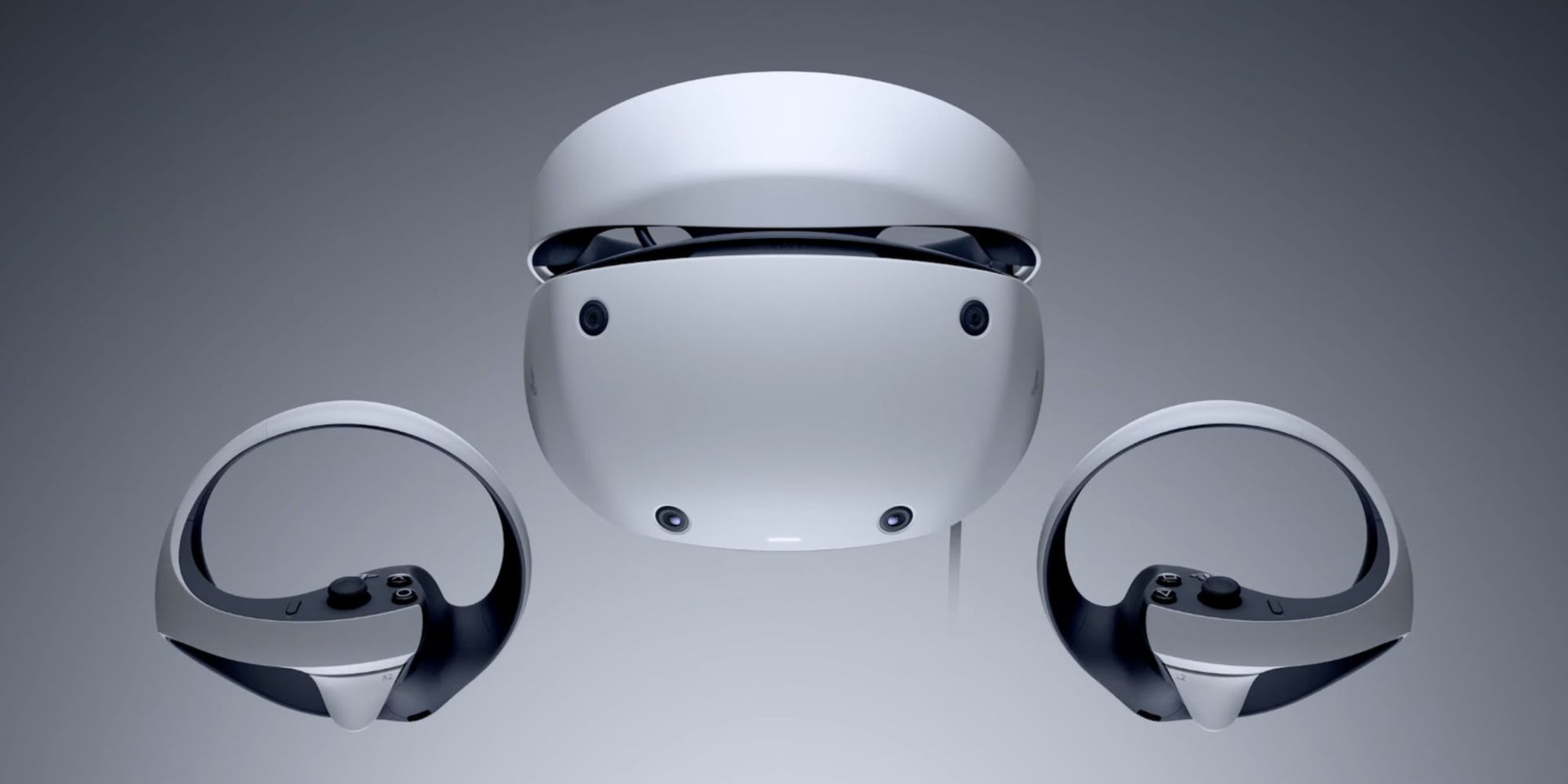Everybody wants a slice of the future. It's something in the way capitalism moves - it used to be enough to just make more money than you spent, then it was the grind to make more money year on year to appease the shareholders, and now even that's not enough. What companies are doing now is not as straightforward as just trying to make money, they are making plans to make money a decade from now. That's why, despite being highly experimental, companies are rushing to make use of NFTs, the Metaverse, AI, AR, and VR. Some, most, or even all of these brave new worlds could fail. But one thing's for sure - whatever the future is, gamers will be in the driver's seat.
You've likely heard that gaming makes more money than film and television combined, and maybe even used that line in arguments to show that gaming is a serious hobby and a true artform. If you work in games or games media, you might even have had to roll it out at a family gathering to prove that your job is, in fact, very real. But it's a misleading figure. That's only true if you include not only console sales, but also the revenue generated by mobile gaming. So if you've ever said mobile games aren't real games, you're officially banned from using the revenue line.
And not to be a gatekeeper, but mobile gaming part of gaming culture - certainly not on the scale the revenue suggests. My parents both play games on their phone, but neither of them know what game Kratos is from, both of them would have to look down at the controller if you asked them to push Circle, and if you asked them how many hours they spend gaming a month, they'd say zero. Just looking at gaming and seeing dollar signs is part of the reason these new initiatives are failing. My parents, who both contribute to gaming's windfall through their phones, also don't know what an NFT is, don't understand the Metaverse (who does?), and wouldn't know the difference between AR and VR. But gamers do.
There are more non-gamers than gamers in the world, but marketing to gamers makes a lot of sense. Gamers, by and large, tend to be highly tech savvy and have high crossover with people likely to be early adopters. Apple's new Vision Pro has focussed mainly on general audiences (with trailers showing movie streaming and FaceTime abilities) or working professionals (with trailers showing meetings and spreadsheets projected into the air). However, it owes much of its foundation to gamers, and they may also be the key to its potential success.
Gaming is often at the forefront of technological advancements. Though we tend to look at this from an insular perspective, seeing improvements to pixels and polygons that improve games themselves, the industry has also shaped the world. Gesture control, facial recognition, and voice recognition all have roots in gaming. Even the high intensity graphics that go hand in hand with the idea that we will dedicate even more of our lives to being online are only possible because of footsteps first walked by gaming.
Our connection with celebrities is far more parasocial now because of gaming's connection to Twitch. While intense fandoms originated with movies like Star Wars that predate gaming, the idea of fandom wars and an obsession with review scores while disregarding critique begins with gaming. More sinister, Trump's advisor Steve Bannon is on the record for targeting gaming message board communities because of their unique ability to passionately invade online communities with maximum toxicity.
In a more whimsical look at how gamers influence the world, we only have to look at the design of Apple's Vision Pro. The chunky headset is far goofier than the Google Glass model that was laughed out of town for looking ridiculous, but years of VR play has normalised this aesthetic. Thanks to gamers playing rail shooters or climbing mountains in their living rooms, we're all less afraid to strap something very silly to our faces.
It's not just about the Apple Vision Pro, although its reveal was startlingly light on things that might appeal to a group that surely should be a core demographic. But what we're seeing more and more of is tech bros interloping, pretending their bold innovations can help gaming when in reality gaming either already has a version of what they're pitching or has no need for it. If someone took a serious look at gaming, where it's been and where it's heading, they might be able to figure it out. Gamers are the future, even if nobody else has realised that yet.



